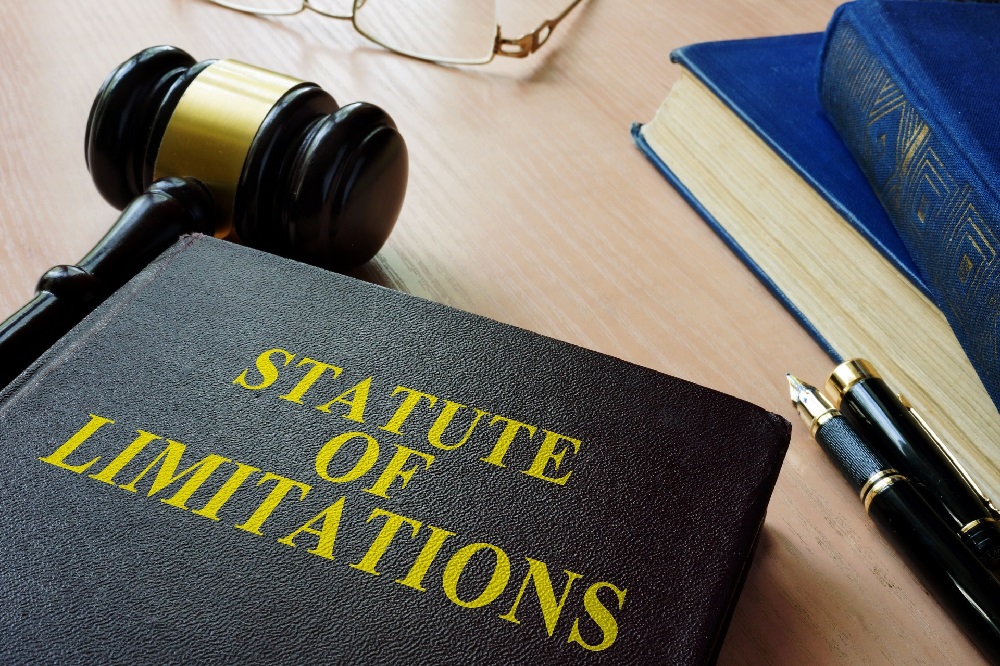Category: Law

Defending Yourself Against Assault Charges
Assault charges have serious consequences, especially for individuals facing a conviction of an aggravated assault or another type of assault and battery. If you are charged with assault, your lawyer could help you fight to get the charges reduced or dismissed. A criminal defense attorney who is familiar with theRead More

Compensation for Employees Exposed to Disease-Causing Organisms, Toxic Materials, and Hazardous Environments
While the majority of people assume that worker’s compensation settlements are only accessible to individuals who sustain a physical injury while on their shift, this may not be the only situation in which benefits are offered. When exposed workers become ill, hurt, or develop other health concerns, they are alsoRead More

Unraveling the Complexities of Auto Accident Law in Charlotte, NC
Navigating the legal landscape following an auto accident can be a daunting task, especially when dealing with the physical and emotional aftermath of the incident. The complexities of auto accident law in Charlotte, North Carolina, require individuals to have a comprehensive understanding of the process and the importance of enlistingRead More

Where does botulism come from?
Certain surroundings are more acceptable to produce botulinum toxin than others.These include little or no oxygen, low acidity, low sugar, low salt, and convinced temperature ranges and water level environment. Foodborne botulism is most accepted from inadequately prepared canned foods. Commercially available food can also be contaminated with Clostridium botulinum.Read More

How to Choose the Right Lawyers in Sydney for Your Legal Needs
Selecting an appropriate lawyer for your legal needs can significantly impact the outcome of your case. Lawyers in Sydney can vary greatly in their range of experience and specific expertise, making it essential to consider multiple factors before making a final decision. This article will provide you with some guidanceRead More
Finding The Right Motorcycle Accident Attorney In Denver
Motorcycle accidents may be extremely dangerous, resulting in significant injuries and property damage. It is critical to have the correct legal representation in the event of a motorcycle accident to guarantee that you obtain the compensation you deserve. There are several motorcycle accident attorneys in Denver to select from, butRead More

Selecting The Best Family Law Solicitors
If you need family law attorneys, you must be selective and hope that the firm you choose will help you with your legal issues throughout the process. However, given the scale of the competition, to be selective, you need to pay attention to certain tactical aspects that will help distinguishRead More

Uncovering the Best Medical Malpractice Attorneys
Medical malpractice is a serious issue that affects thousands of people each year. Finding a qualified and experienced medical malpractice attorney to represent your case is essential. An experienced attorney can maximize your compensation and ensure justice is served. What is Medical Malpractice? Medical malpractice is defined as a medicalRead More

What To Do After A Trucking Accident In Tampa: A Step-By-Step Guide
Trucking accidents have the potential to cause serious damage and injury. As such, it can be difficult for individuals who are involved in a trucking accident to know what their legal rights and obligations may be after an accident has occurred. This article provides a step-by-step guide outlining what shouldRead More

What Should You Do Before Your First Meeting?
Achieve a favorable outcome in a criminal case with the help of an attorney with experience in criminal defense. If you have never been in legal trouble, speaking with a criminal defense attorney may seem overwhelming. The charges levied against you and the potential consequences will help you understand yourRead More